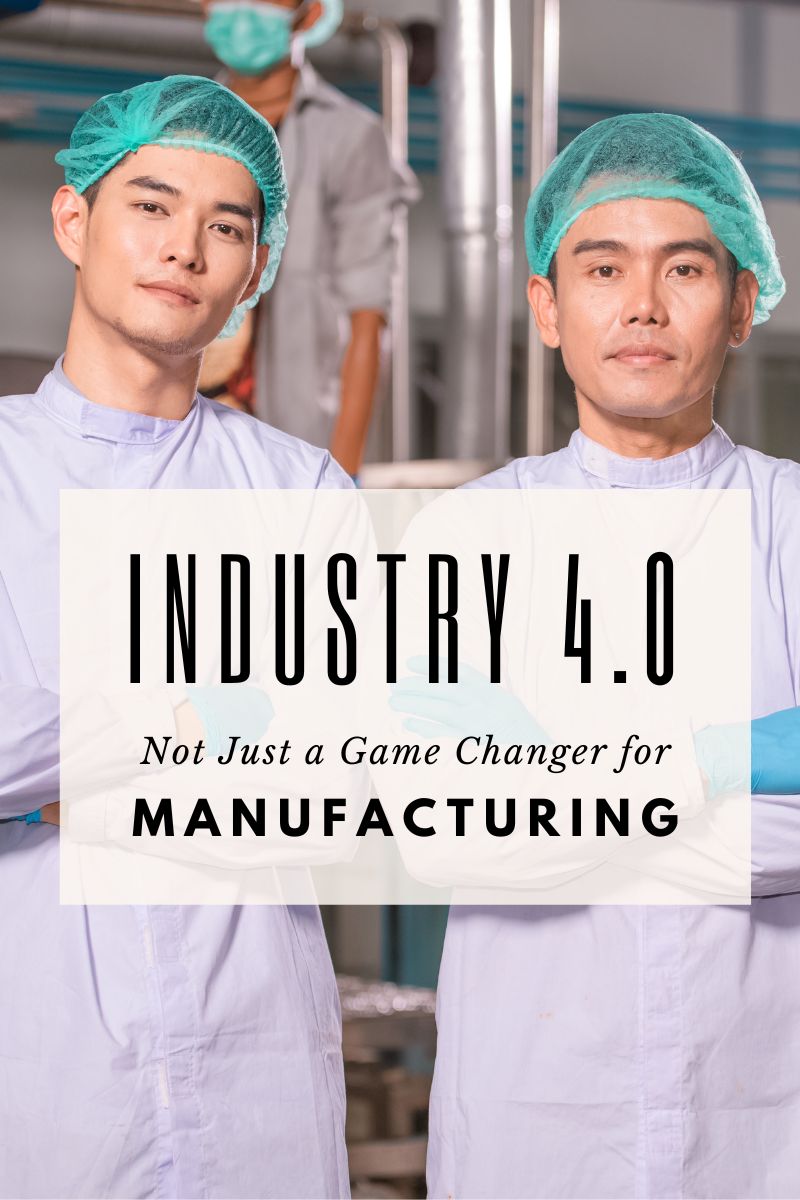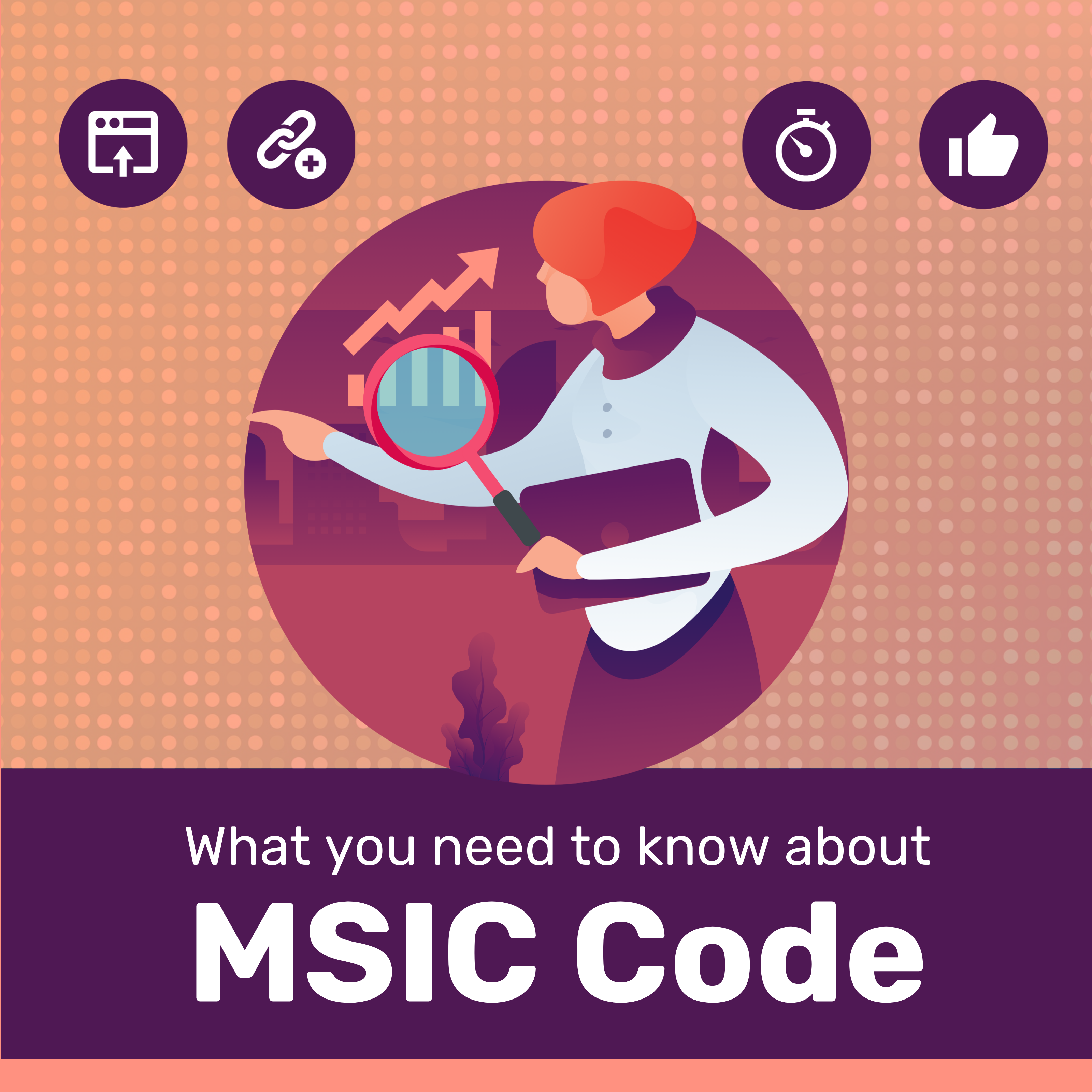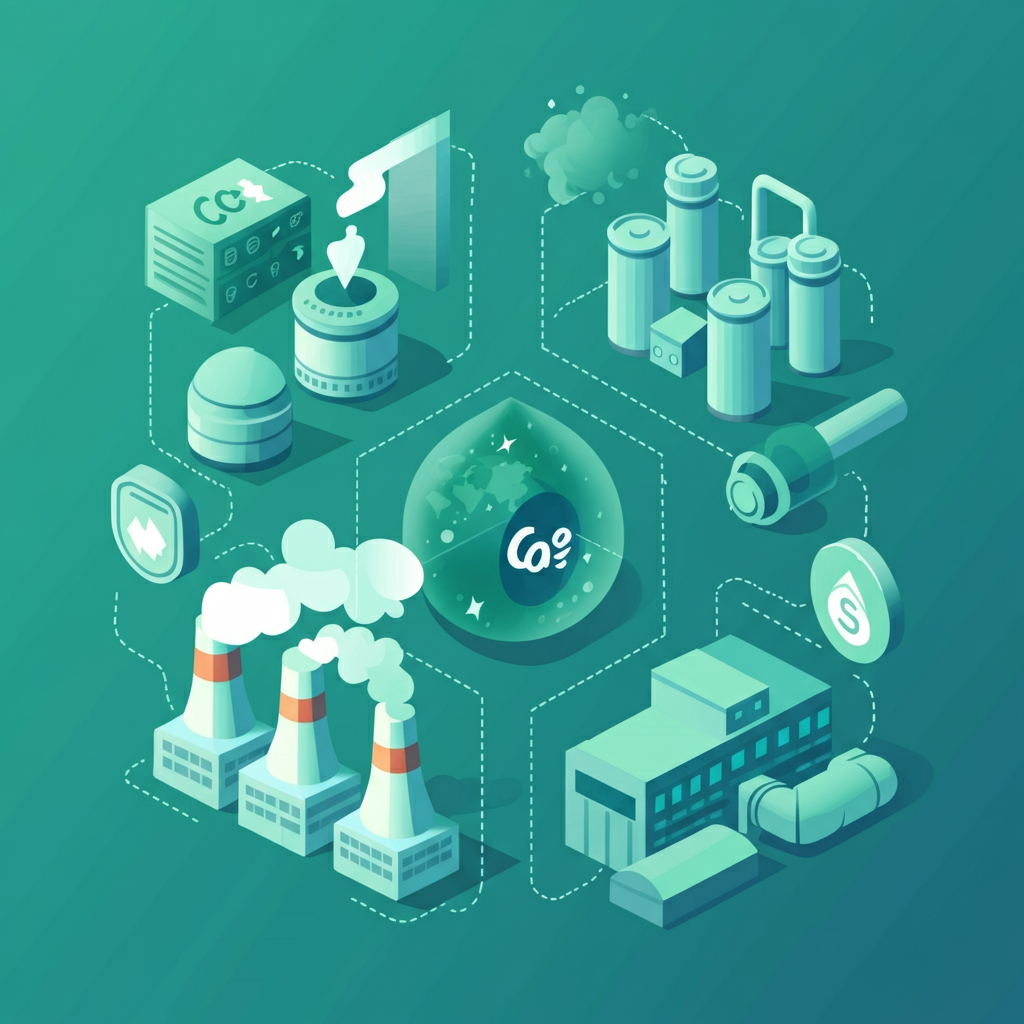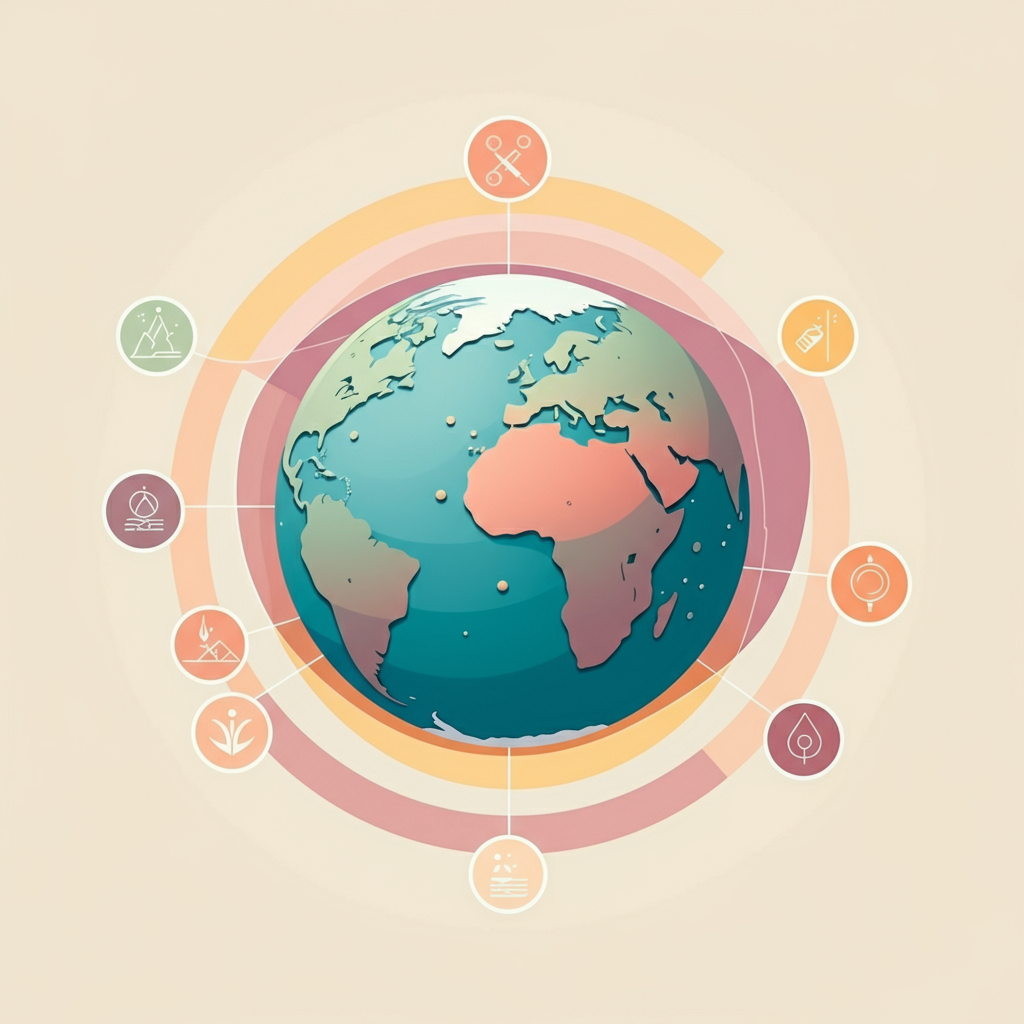What Exactly is Industry 4.0?
At its core, Industry 4.0 fuses physical production and operations with smart digital technology, machine learning, and big data to create a more holistic and better-connected ecosystem for companies that focus on manufacturing and supply chain management. It leverages the power of the Internet of Things (IoT), Artificial Intelligence (AI), big data analytics, and automation. The goal? Driving efficient and agile production practices.
The Manufacturing Model
Without question, Industry 4.0 has become synonymous with the manufacturing industry. With good reason, too, as it introduces smart factories where cyber-physical systems monitor physical processes, create a virtual copy of the physical world, and make decentralized decisions. No longer are assembly lines just mechanically piecing together products; they are increasingly autonomous, self-optimizing, and interconnected.
Beyond the Factory Floor
But what about other sectors? Is Industry 4.0 their story too?
The answer is a resounding Yes. While manufacturing might be the poster child for Industry 4.0, its principles span across multiple domains. How is it, then, that other industries stand to gain from this technological renaissance?
Healthcare Revolutionised
In healthcare, Industry 4.0 technologies are pioneering breakthroughs—from personalized patient care via AI to using big data for predictive analytics in disease management. Would you have imagined a day when a tiny wearable device could provide real-time health data to remotely located healthcare providers?
Financial Services Transformed
Or consider the finance sector, where AI and big data pave the way for fraud detection algorithms and personalized customer experiences. Could this mean the end of the era of one-size-fits-all financial advice?
Modernising Agriculture
Agriculture, too, has its horizons broadened; precision farming now utilises IoT to monitor crop fields with sensors and automate routine processes. Could we witness a new green revolution where technology ensures sustainability?
eInvoicing: The Catalyst in Malaysia’s Industry 4.0 Drive
Ponder over this for a moment—how do everyday business transactions fit into the expansive narrative of Industry 4.0?
In Malaysia, the adoption of eInvoicing is seen as a stepping stone towards a more digital economy and is positioned to be a catalyst for Industry 4.0. eInvoicing not only streamlines the invoice handling process but also provides data that can lead to better decision-making and integration across business ecosystems. Could this be the missing link to turbocharging efficiency and unlocking the full potential of Industry 4.0 in various sectors?
Challenges and Opportunities Everywhere
While the opportunities are vast, so are the challenges. Non-manufacturing industries may face obstacles ranging from a lack of skilled workforce to integration hiccups with legacy systems. How prepared are these sectors to mitigate such challenges and ride the Industry 4.0 wave?
The Future Beckons
Looking ahead, the importance of Industry 4.0 in reinforcing a competitive edge cannot be overstated. It’s an innovation that crosses boundaries, defies conventional sector definitions, and demands a broader adoption. Whether you’re an entrepreneur in a startup or a leader in a well-established corporation, embracing Industry 4.0 could well define the future trajectory of your business.
Are you ready to leverage Industry 4.0 in your sector?
Remember, Industry 4.0 isn’t just for manufacturing. It’s for healthcare, finance, agriculture, and it’s here to revolutionise how we perceive and achieve business excellence. The sooner industries realise and harness this potential, the faster they can reap the unprecedented benefits of a truly connected, digital world.










